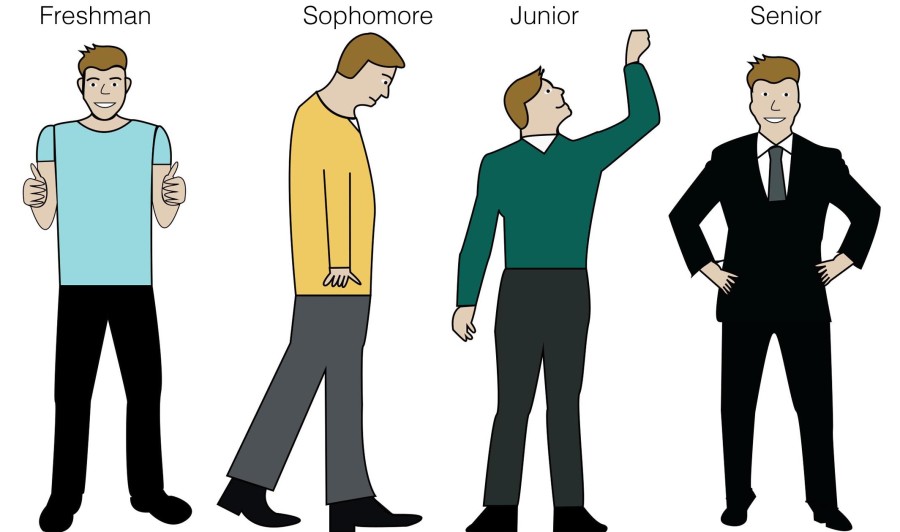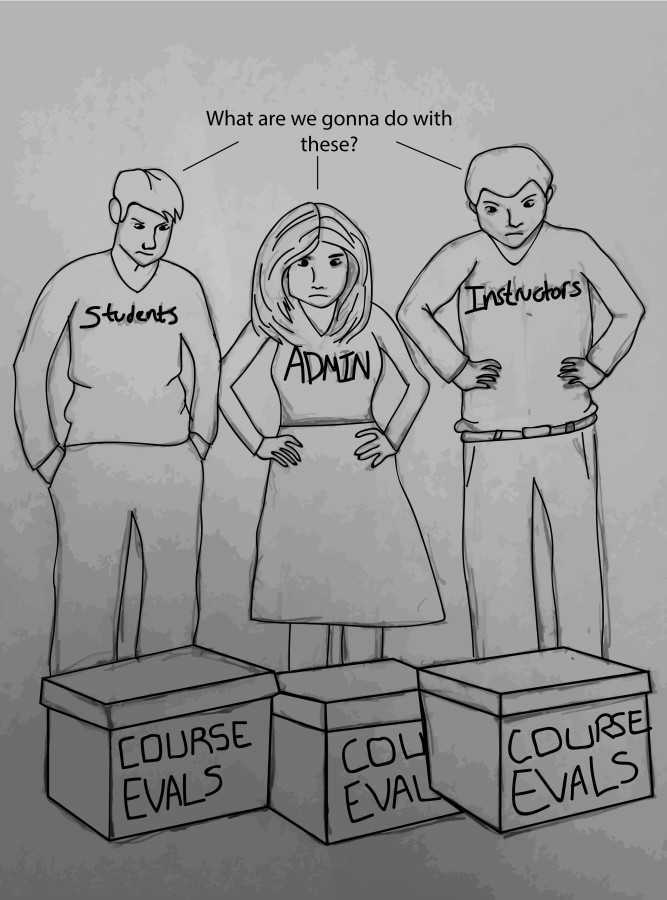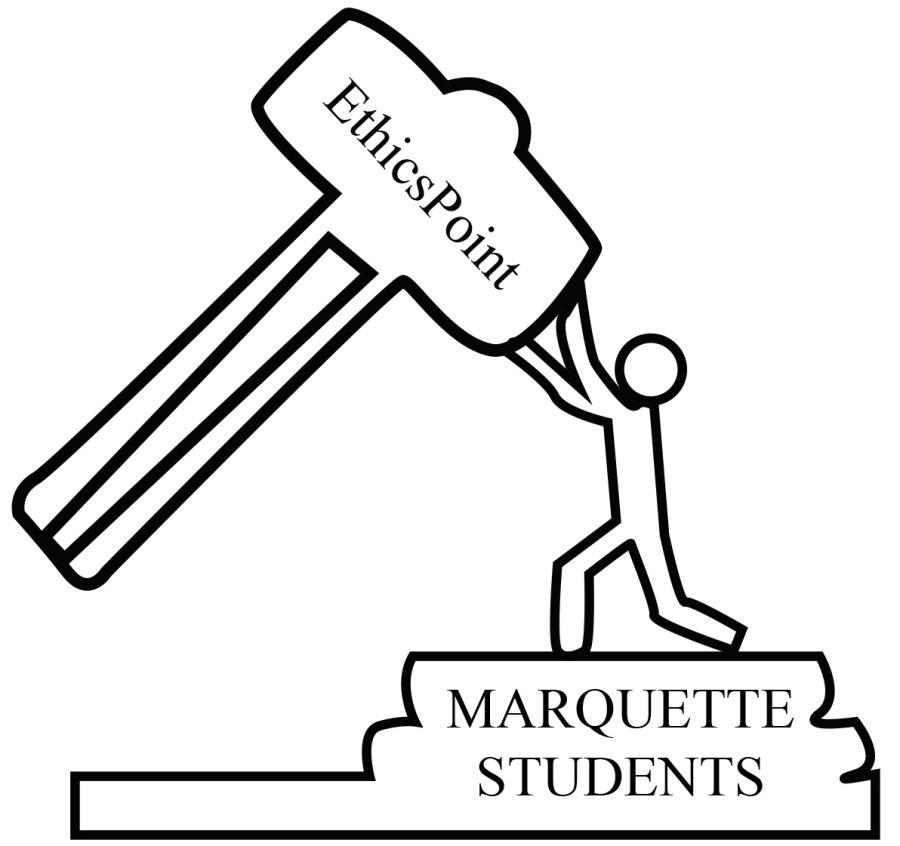It’s that time of year again — student course evaluations are underway.
All Marquette students are encouraged to complete class evaluations to offer their opinions on course material and the effectiveness of their instructors.
Alexandra Riley, the associate director of the Office of Institutional Research and Assessment, helps design the evaluations each year. She said the university has been conducting course evaluations for several decades, and the Marquette Online Course Evaluation System has been in place since fall 2008.
“Prior to MOCES, the university used a paper-based system from the University of Washington called the Instructional Assessment System from 2005 to 2008,” Riley said. “During the 1990s and through 2005, Marquette used a different paper-based system, called the Student Commentary on Teaching.”
Riley said students are required to log in to take their surveys because the office wants to regulate who is allowed to give feedback for each class.
“With a few exceptions, all classes use the same course evaluation instrument, designed to provide useful information to a wide variety of courses,” Riley said. “Probably the most common concern we hear from teachers is low response rates.”
The instructors receive the response rate of the survey, how many students responded to each question and the comments posted anonymously. All results are kept confidential, and the evaluations are not released to the instructors until after all final grades have been submitted to the registrar.
“Since the feedback teachers receive on course evaluation is so important, we have looked for ways to encourage students to complete their evaluations,” Riley said. “We now encourage instructors to give students time in class to submit their evaluations on laptops, smart phones or other mobile devices.”
Instructors who offered an evaluation in class last semester saw an average response rate of about 79 percent.
Attempting to increase that rate, Marquette offers students who complete all of their course evaluations an entry in a raffle to win a free iPad. Valeria Navarro, a sophomore in the College of Arts & Sciences, said she does not like the added incentive.
“Sometimes it is difficult for me to be on board with (the iPad raffle),” Navarro said. “It just feels like I’m one more student and the chances of me winning are very slim.”
Kathleen Murphy, a junior in the College of Arts & Sciences, said she supports the idea of an iPad raffle.
“I think that is one of the reasons why many students take the time and fill them out,” she said. “It’s a fun incentive.”
Taylor McNeir, a junior in the College of Arts & Sciences, said she wished more professors would do course evaluations on their own.
“One of my professors had us fill out a separate eval in class,” McNeir said. “He asked us more specific questions about his personal teaching style and stepped out of the classroom while we filled them out.”
Navarro said she fills out the student evaluations every semester.
“It is so important for students to fill these out, because professors really do look at them,” Navarro said. “It shows that we have a voice and our inputs do matter.”
A senior in the College of Arts & Sciences who wished to remain anonymous said she often blames herself instead of the professors in her evaluations.
“There’s always something in the back of my mind that they still might see my name,” she said. “I tend to not be completely honest when I am giving them critiques on how to improve.”
McNeir said more students would complete the evaluations if there was a bigger incentive than an iPad.
“Most students who go here already have a laptop or an iPad, so why would we need another one?” she said.
Riley described some of the trends the office sees in many evaluations.
“Graduate classes tend to get slightly higher scores than undergraduate classes,” Riley said. “Classes in certain disciplines tend to receive higher scores than other disciplines.”
Riley added that course evaluations are important at any university.
“It is a tool used by teachers to improve their classes,” Riley said. “I would encourage students to ask their teachers how they have used evaluation results in the past to change or improve the class.”





